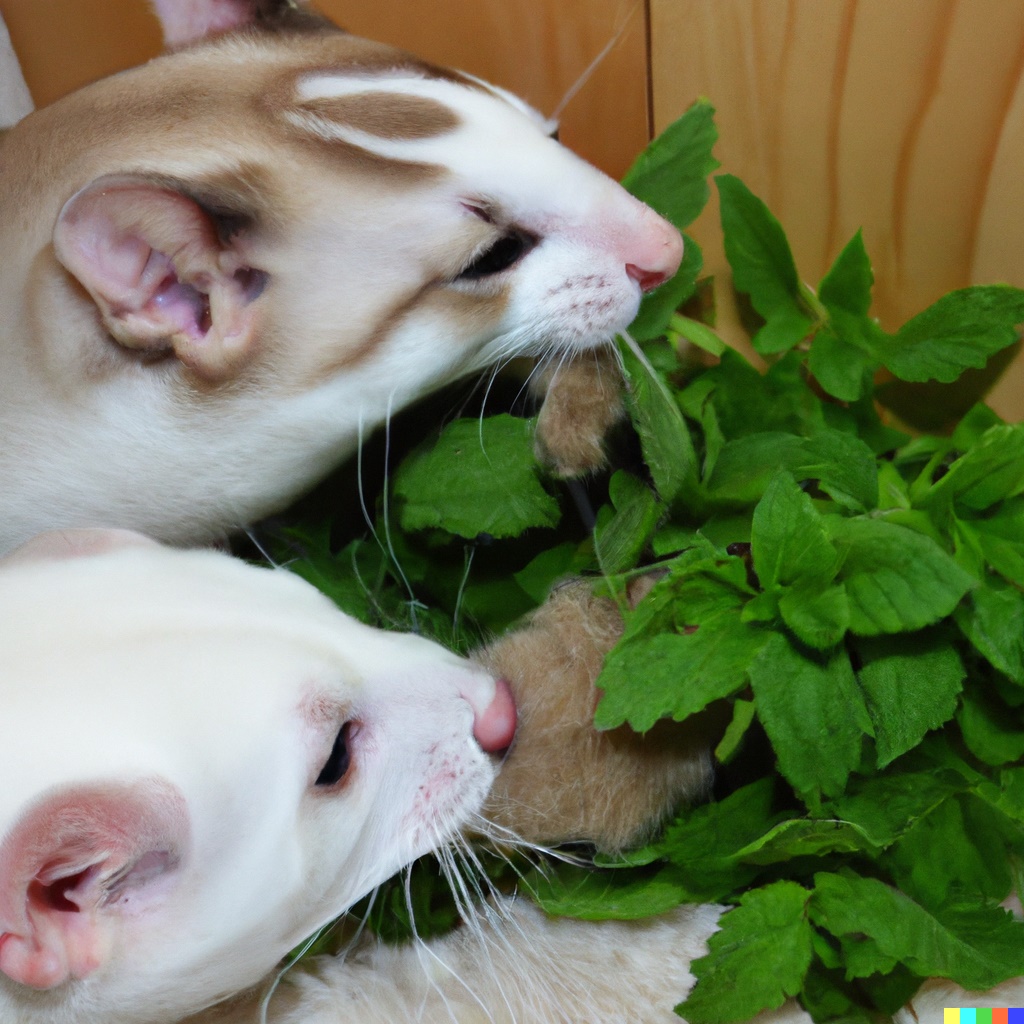If you are a pet lover and you want to have different animals in your home, you may have asked yourself, can ferrets and chinchillas live together? Although they are both small and cute animals, they have different habits and needs, so it’s important to know if they can coexist peacefully. In this article, I will explore the characteristics of both animals and give you some tips on how to keep them safe and happy if you decide to keep them together.
Can Ferrets and Chinchillas Live Together?
Introduction to Ferrets and Chinchillas
Ferrets
Ferrets are domesticated animals that belong to the weasel family. They are very playful, curious, and affectionate, which makes them popular pets. Ferrets have a long, slender body and short legs. They are usually kept in cages, but they need plenty of time outside the cage to exercise and play. Ferrets are social animals, and they love to interact with their owners and other ferrets.
Chinchillas
Chinchillas are also small animals that are native to the Andes Mountains in South America. They are known for their soft and dense fur, which makes them popular in the fur industry. Chinchillas are nocturnal animals, which means they are active at night and sleep during the day. They are very active and playful, and they need plenty of space to run and jump. Chinchillas are social animals and they enjoy the company of other chinchillas.
Characteristics of Ferrets and Chinchillas
Ferrets
Ferrets are carnivores, which means they need a diet that is high in protein and fat. They are also prone to obesity, so it’s important to feed them a balanced diet and provide them with plenty of opportunities to exercise. Ferrets have a strong odor, and they need to be bathed regularly to keep them clean and fresh. Ferrets have sharp teeth and claws, which can be a hazard to other pets, including chinchillas.
Chinchillas
Chinchillas are herbivores, which means they need a diet that is high in fiber and low in fat. They have delicate digestive systems, so it’s important to provide them with a diet that is appropriate for their needs. Chinchillas are sensitive to temperature changes and humidity, so they need to be kept in a cool, dry environment. Chinchillas have long, sharp teeth, which they use to chew on anything they can find, including furniture, electrical cords, and other objects.
Can Ferrets and Chinchillas Live Together?
The short answer to this question is no, ferrets and chinchillas should not live together. There are several reasons why these two animals are not a good match.
Differences in Diet
Ferrets are carnivores, and they need a diet that is high in protein and fat. Chinchillas, on the other hand, are herbivores, and they need a diet that is high in fiber and low in fat. These two diets are incompatible, and it can be difficult to provide both animals with the appropriate food.
Differences in Habits
Ferrets are very active and playful, and they need plenty of space to run and play. Chinchillas are also active, but they are more cautious and prefer to stay close to their hiding places. Ferrets have a strong prey drive, and they may see chinchillas as potential prey. This can be dangerous for the chinchillas.
Differences in Temperament
Ferrets are social animals, and they love to interact with other ferrets and their owners. Chinchillas are also social, but they are more independent and may not want to interact with other animals. Ferrets are very curious, and they may harass or attack chinchillas out of curiosity or playfulness, which can result in injury or stress for the chinchillas.
Differences in Environment
Ferrets have a strong odor, and they need to be kept in a clean and well-ventilated environment. Chinchillas are sensitive to odor and can become stressed or ill if exposed to strong smells. Ferrets also have sharp teeth and claws, which can be a danger to other animals, including chinchillas.
Given these differences, it’s not recommended to keep ferrets and chinchillas together in the same cage or living space. However, it is possible to keep them separately in the same room and still allow them to interact in a supervised and controlled manner.
Tips for Keeping Ferrets and Chinchillas Separately
Provide Separate Living Spaces
It’s important to provide separate living spaces for ferrets and chinchillas. Ferrets should have a cage that is large enough to accommodate their needs, with plenty of toys and accessories for enrichment. Chinchillas should also have a large cage that is lined with bedding and equipped with hiding places and chew toys.
Allow for Supervised Interaction
If you want your ferrets and chinchillas to interact, it’s important to do so under close supervision. You can set up a play area in a neutral space, such as a bathroom or playpen, and allow the animals to explore and interact under your watchful eye. Be prepared to separate them if any signs of aggression or stress are observed.
Maintain Good Hygiene
It’s important to maintain good hygiene when keeping ferrets and chinchillas separately in the same room. Ferret cages should be cleaned regularly to minimize odor, and chinchilla cages should be kept dry and free of waste. Wash your hands thoroughly after handling each animal to prevent the spread of germs.
Provide Adequate Nutrition
Both ferrets and chinchillas have specific nutritional needs, so it’s important to provide them with appropriate diets. Ferrets need a diet that is high in protein and fat, while chinchillas need a diet that is high in fiber and low in fat. Consult with your veterinarian to ensure that your pets are receiving the appropriate nutrients.
Monitor for Health Concerns
Ferrets and chinchillas are both susceptible to certain health concerns, so it’s important to monitor them for signs of illness or injury. Ferrets are prone to respiratory infections, dental issues, and adrenal disease, while chinchillas may develop dental problems, digestive issues, and respiratory infections.
Conclusion
In conclusion, while ferrets and chinchillas are both adorable and make great pets, they are not a good match to live together in the same cage or living space. Their differences in diet, habits, temperament, and environment make it challenging to keep them both safe and healthy. However, it is possible to keep them separately in the same room and still allow them to interact under supervision. By following the tips provided in this article, you can ensure that your ferrets and chinchillas are happy and healthy pets.
FAQs
- Can ferrets and chinchillas share the same food?
No, ferrets and chinchillas have different dietary requirements, and it’s important to provide them with appropriate diets to ensure their health and wellbeing.
- Do ferrets and chinchillas get along?
While ferrets and chinchillas may get along in certain situations, it’s generally not recommended to keep them together in the same cage or living space due to their differences in habits, temperament, and diet.
- How often should I clean my ferret’s cage?
Ferret cages should be cleaned at least once a week, and bedding should be changed regularly to prevent odor buildup and maintain good hygiene.
- Can ferrets and chinchillas transmit diseases to each other?
Yes, ferrets and chinchillas can transmit diseases to each other if they come into contact with each other’s bodily fluids or feces. It’s important to practice good hygiene and keep them separate to prevent the spread of disease.
- Are there any other animals that can live with chinchillas?
Chinchillas are social animals and can live with other chinchillas of the same sex. They can also live with certain other small animals, such as degus or rats, but it’s important to research and introduce them carefully to ensure they get along and have similar environmental and dietary requirements.










